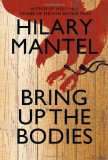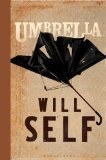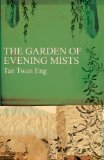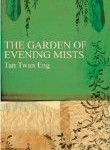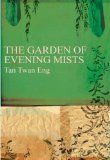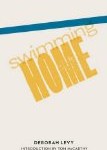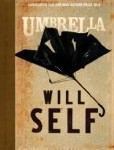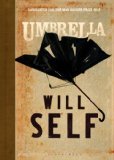Who will win the 2012 Booker Prize? I don’t know! For the first time in several years there isn’t a clear front runner and I wouldn’t be surprised to see any of the books win. That isn’t a bad thing – I think it is wonderful that all the books on the shortlist have their own merits. Trying to decide which of the books, each with their own different style and function, should take the top spot is a tricky decision, but that doesn’t stop me trying!
Here’s how I’d order the shortlist:
6. The Lighthouse by Alison Moore
This book was actually my second favourite from the shortlist, but I found the symbolism a bit heavy-handed. It is a fantastic book club choice, but I don’t think it has the originality or power to win the Booker.
5. Bring up the Bodies by Hilary Mantel
I admit that I didn’t even try this one. Having abandoned Wolf Hall I know that Mantel’s style isn’t for me, but I think the judges would have to be very brave to give an author a second Booker Prize. The book would have to be outstanding and there would have to be unanimous agreement that it was head and shoulders above the other contenders. I don’t think that is the case. This book may be more focused and enjoyable to read, but with a shortlist this strong I can’t see justification for it winning.
My rating: Did not start
4. Umbrella by Will Self
I abandoned this one. I struggle with stream-of-consciousness at the best of times, but found this impenetrable. The majority of people seem to agree so I can’t see it receiving enough love for an entire panel of people to vote it into the top position.
3. Narcopolis by Jeet Thayil
This book was wonderfully atmospheric, but the dream-like, hallucinogenic nature of the writing didn’t appeal to me. I abandoned it, but can see that the star quality of the writing could easily justify a Booker win. This could be a surprise winner.
2. Swimming Home by Deboragh Levy
I found this book too skeletal, but as a reflection on the last century of literature it is genius. There are so many little references for fiction lovers to spot and I know this appeals to more scholarly people (Booker judges?). I wouldn’t be surprised to see this win.
1. The Garden of Evening Mists by Tan Twan Eng
This book has everything I like to see in a Booker winner. It has an outstanding quality of writing, the depth and complexity to sustain multiple re-readings, and is clever without being pretentious. The fact it sheds light on a different culture is an added bonus. I can’t think of any reason why it shouldn’t be awarded the prize. I’m keeping all my fingers and toes crossed for it.
.
Who do you think will win the Booker Prize?
What do you think of the order I have the books in?



